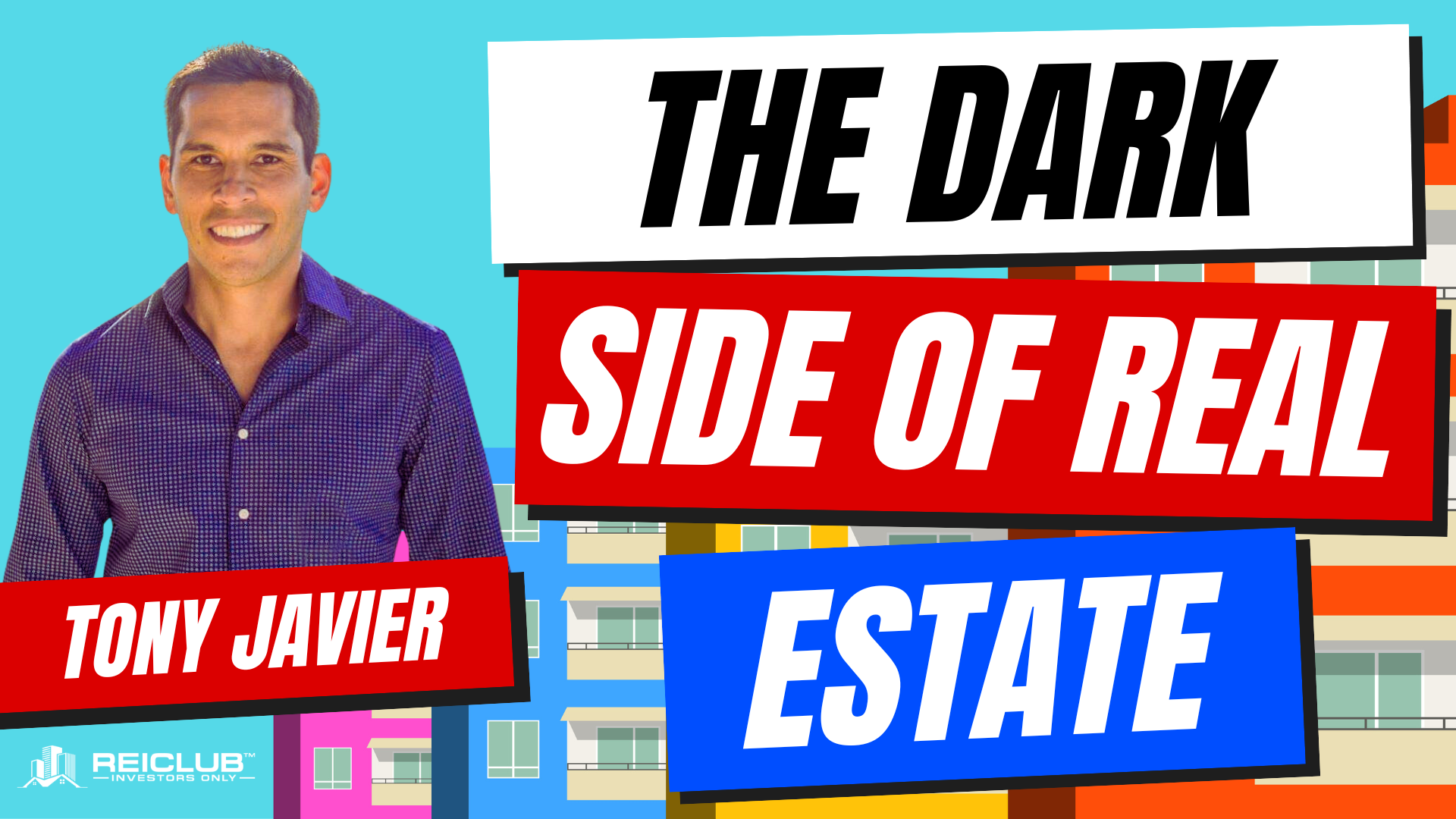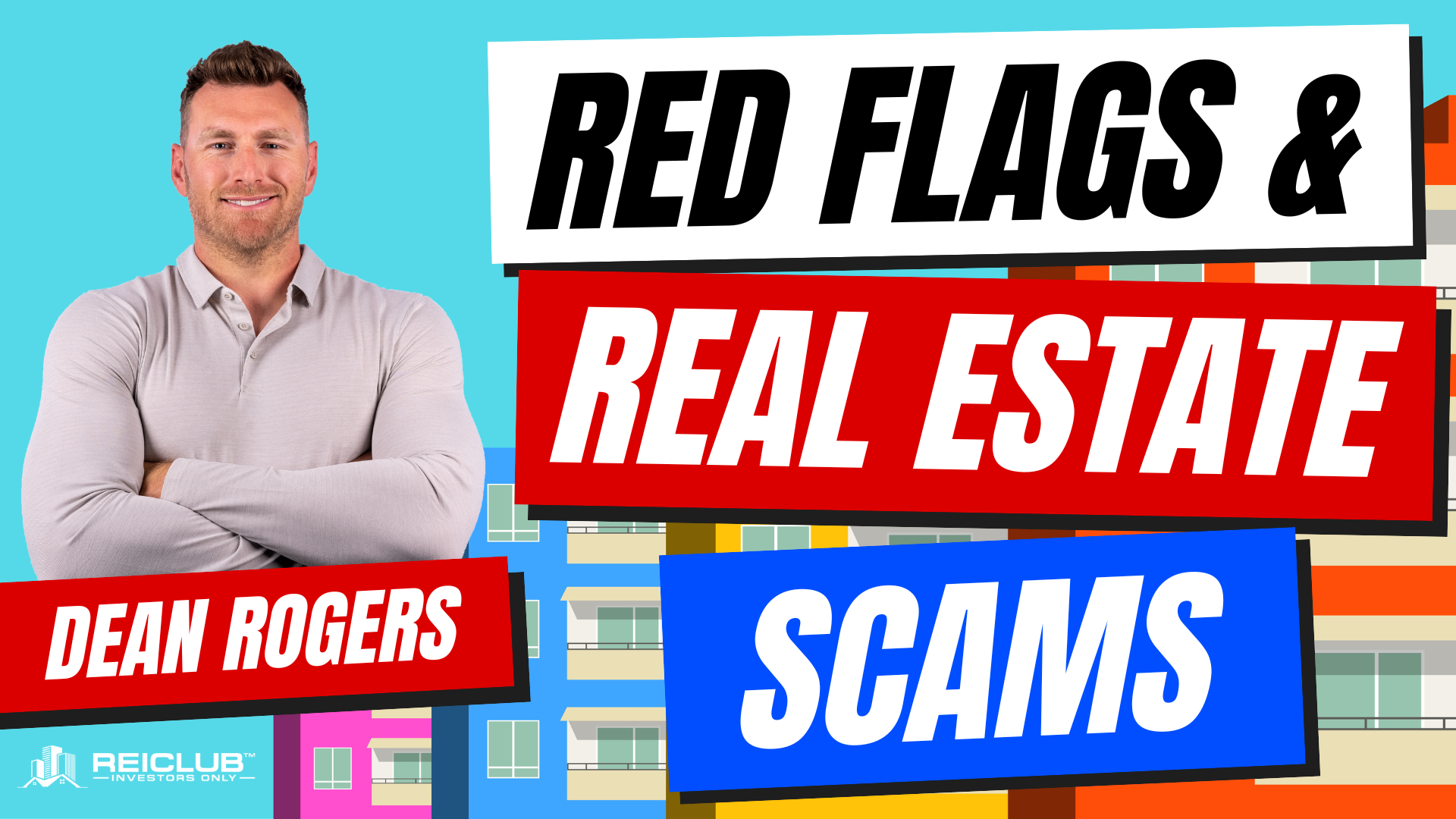Sometimes referred to as a like/kind exchange, a 1031 exchange is the foundation for building generational wealth. And while almost every title company will claim they can do a 1031 exchange, without a CPA on the transaction, a client will miss out on key benefits.
After the tax laws were changed in 2018, the only time you could do a 1031 exchange became in a real estate transaction. This remains a huge benefit for real estate investors as a way of avoiding taxes completely, but there are some key rules for a 1031. Bill advises that you keep these three strategies in mind:
- You need to buy up.
- You can't take any cash out of the deal.
- You have to keep the debt the same or greater.
If you’ve utilized a cash-out refinance strategy on your real estate portfolios, you may find yourself unpleasantly surprised when you try to perform a 1031 exchange. Basis is the measuring stick for calculating the tax due on the sale of property. It goes up and down every year depending on certain factors like making improvements on a property or depreciating it down. Debt, however, doesn't factor into basis, and that’s one reason that cash-out refinances can leave you on the losing end of a 1031 exchange.
You can hear Bill’s excitement for the benefits and advantages of like/kind exchanges and how it can dramatically change your family’s financial future. If you’ve ever wondered if you should do a 1031 exchange to avoid paying taxes, Bill has this to say: “Why would you ever pay taxes?!”. If you have more questions or would like to connect with him, you can reach him at his website.
What's Inside:
- You absolutely must have an outside person help you mediate a 1031 exchange.
- Can you do a retroactive 1031 exchange?
- Why Bill almost never recommends a corporation taking the title on a property.
- The stepped-up basis rule can benefit your heirs.
- How cash-out refinances can negatively impact your basis.







We love your feedback and welcome your comments.
Please post below: